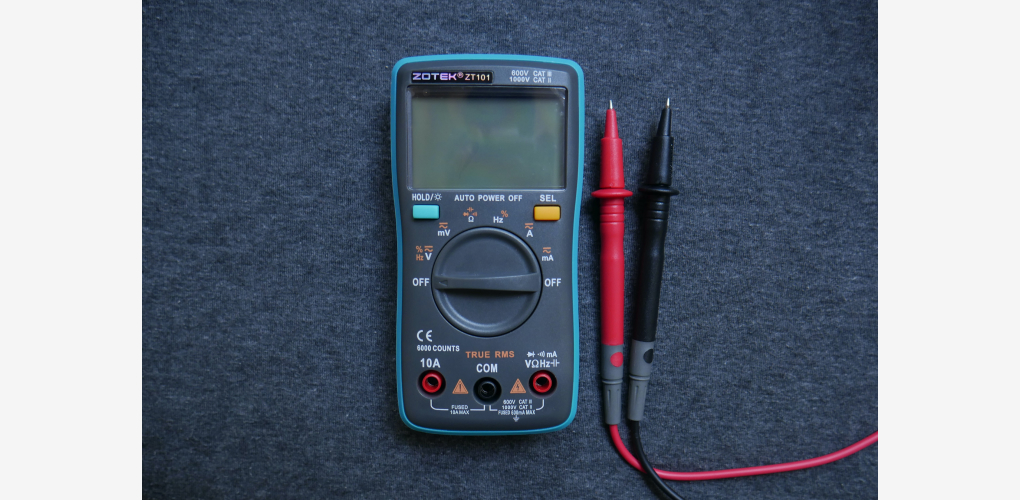Diesel injectors are an important part of any diesel engine. They work by injecting diesel fuel into the combustion chamber of the engine at high pressure, which then ignites and powers the engine. Over time, diesel injectors can become clogged or damaged, which can lead to poor engine performance, decreased fuel efficiency, and even engine failure. In order to ensure that your diesel engine is running at its best, it's important to regularly test and maintain your
diesel injectors. Here's how to do it:
Gather the necessary tools and equipment. To test
diesel injectors, you'll need a few things: a pressure gauge, a multimeter, a clean rag or shop towel, and a fuel pressure regulator (if your engine doesn't have one built-in). You'll also need access to a fuel supply line and a safe, well-ventilated workspace.
Disconnect the fuel supply line. Locate the fuel supply line that connects your engine to the fuel tank or pump. Disconnect it from the engine and attach the fuel pressure regulator to the end of the line. Set the regulator to the appropriate pressure level for your engine (you can find this information in your owner's manual or online).
Test the fuel pressure. Start the engine and use the pressure gauge to check the fuel pressure at the injector rail. It should be within the range specified in your owner's manual. If it's too low, the problem may be with your fuel pump or fuel filter. If it's too high, the problem may be with your fuel pressure regulator.
Check the injectors for leaks. Turn off the engine and remove the fuel pressure regulator. Reconnect the fuel supply line and start the engine again. Use the clean rag or shop towel to check each injector for leaks. If you see fuel leaking from any of the injectors, it may be a sign that the injector is clogged or damaged.
Use a multimeter to check injector resistance. Turn off the engine and disconnect the electrical connector from each
diesel injector. Use the multimeter to measure the resistance across the two terminals of each
diesel injector. The resistance should be within the range specified in your owner's manual. If it's too high or too low, the injector may be faulty.
Test the
diesel injectors with a noid light. A noid light is a specialized tool that can be used to check the electrical signal to the injectors. Connect the noid light to the electrical connector for each injector and start the engine. The light should blink on and off at the same rate as the engine's RPM. If it doesn't, the injector may be faulty.
Clean or replace faulty injectors. If you've determined that one or more of your injectors are faulty, you'll need to clean or replace them. Cleaning injectors involves removing them from the engine and soaking them in a specialized cleaning solution. This process can be time-consuming and may require the use of specialized equipment. If cleaning doesn't work, you'll need to replace the injector with a new or refurbished one.
Testing your diesel injectors is an important part of diesel engine maintenance. Regularly checking your injectors can help you catch potential problems early, before they lead to costly repairs or engine damage. By following these steps, you can ensure that your diesel engine is running at its best.
